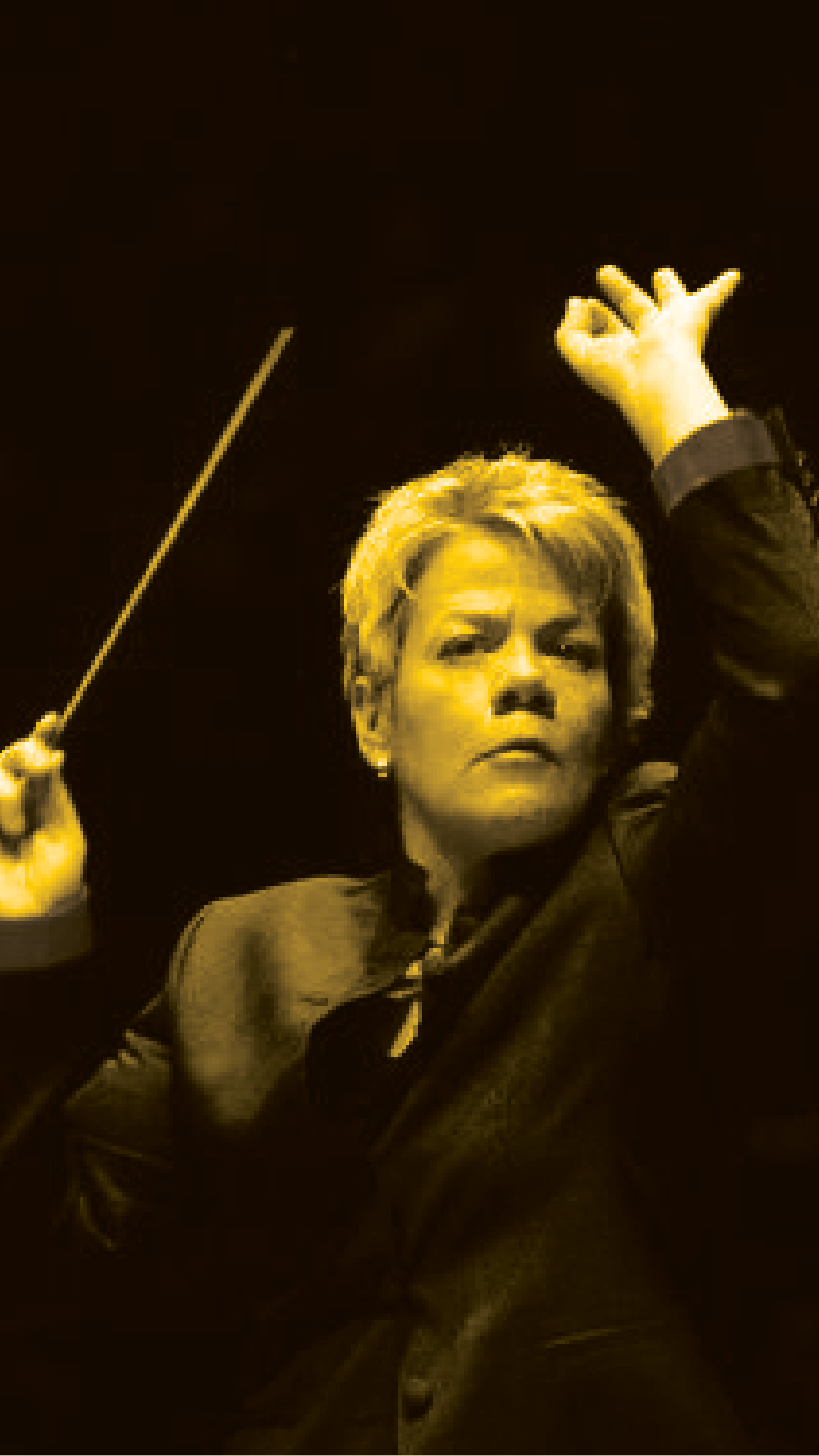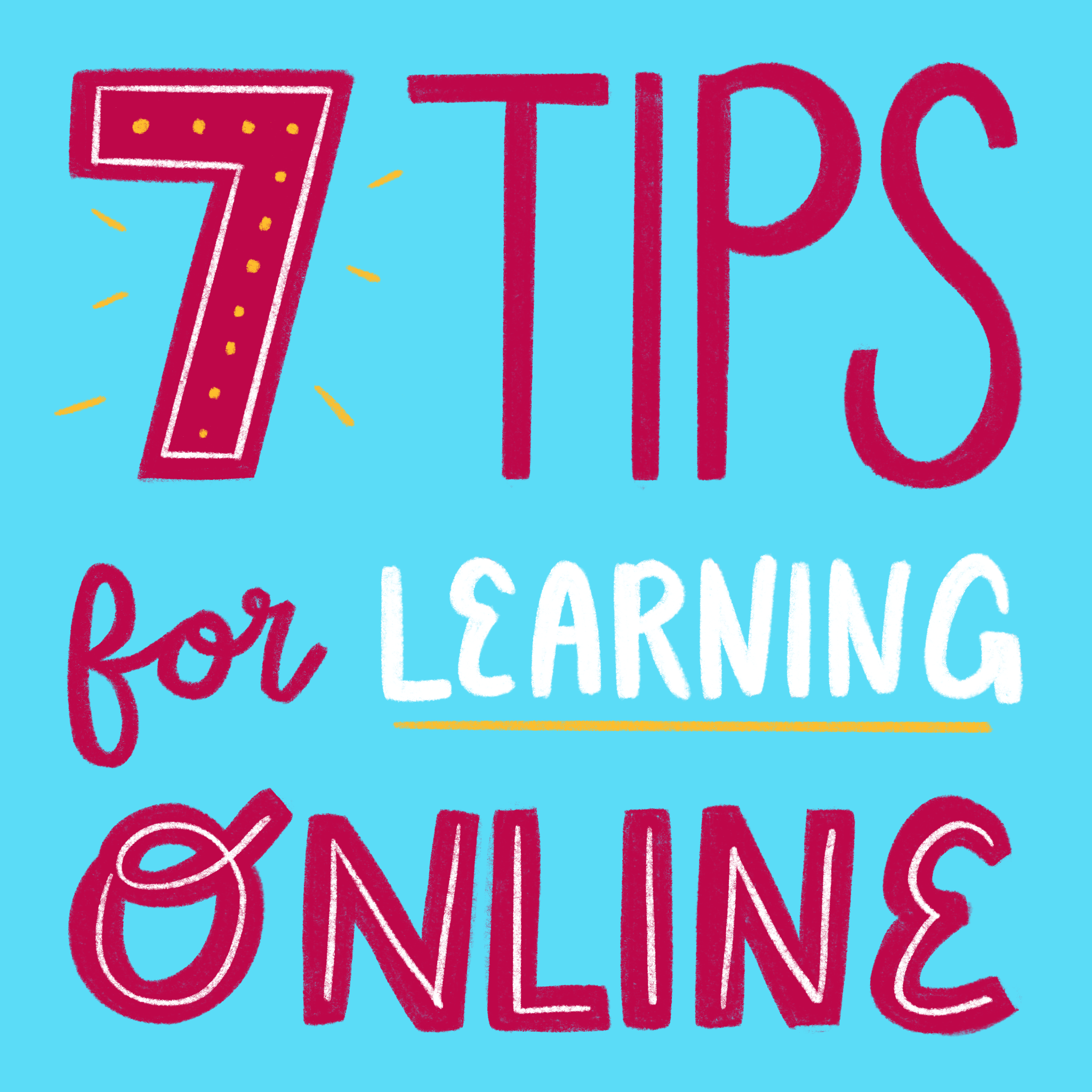

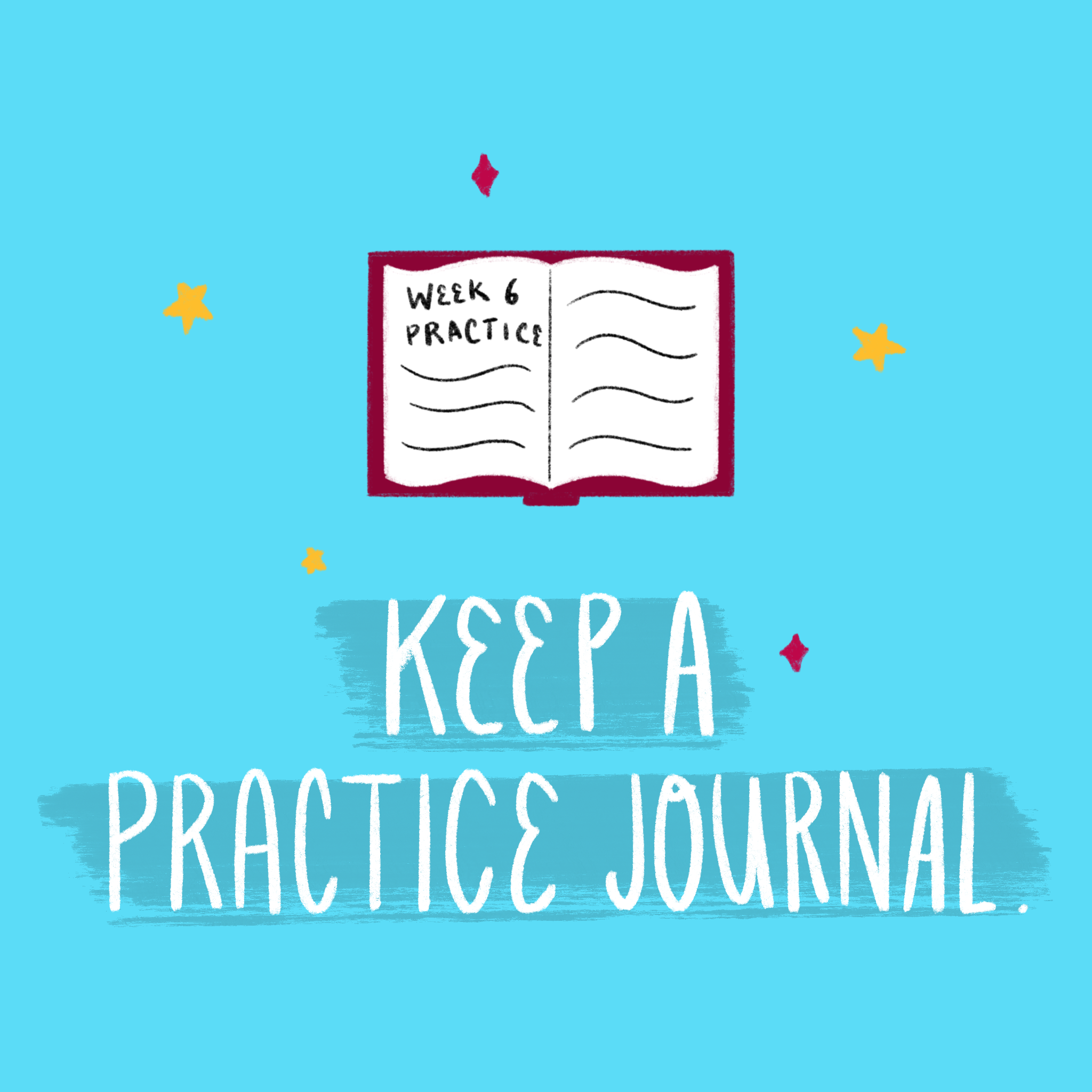
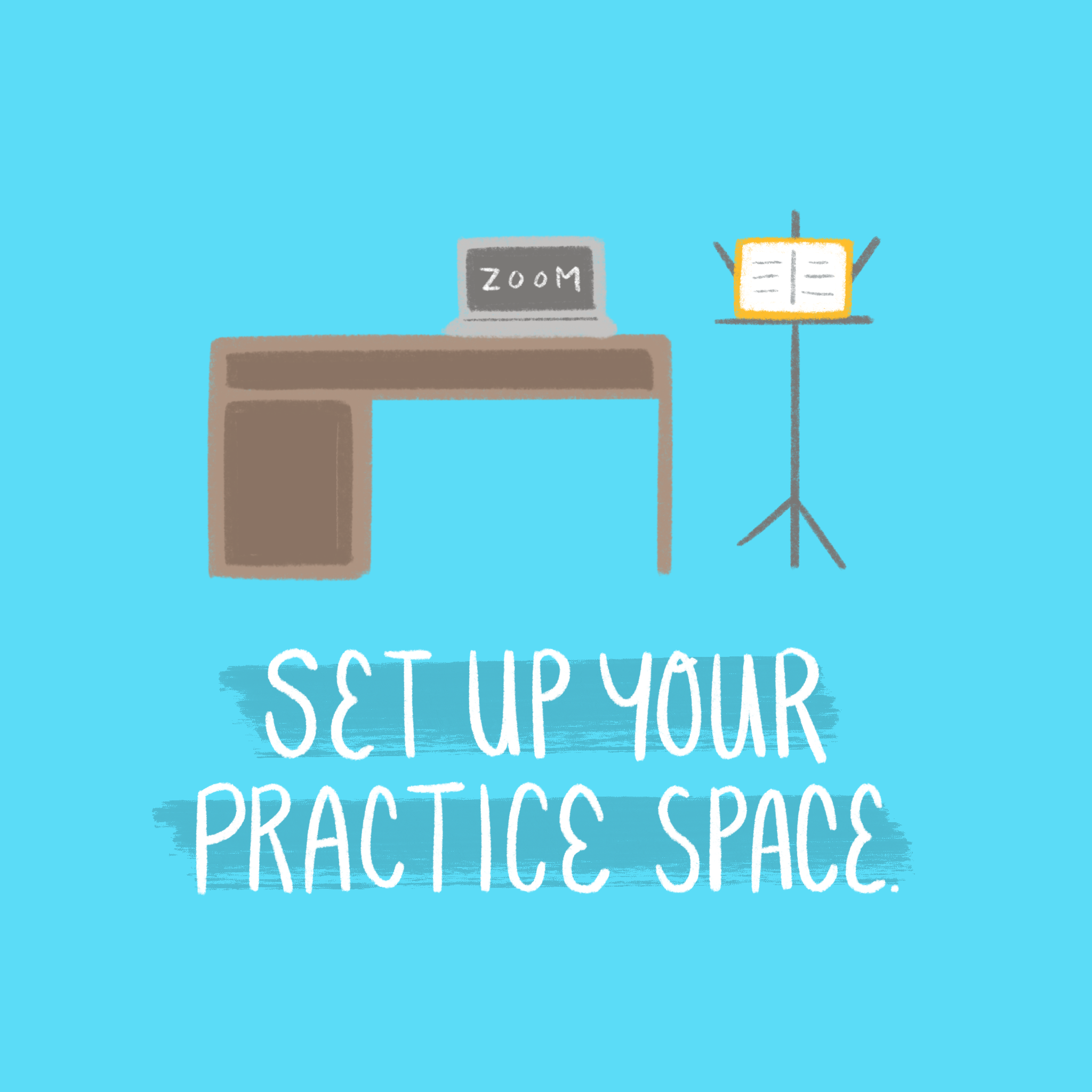

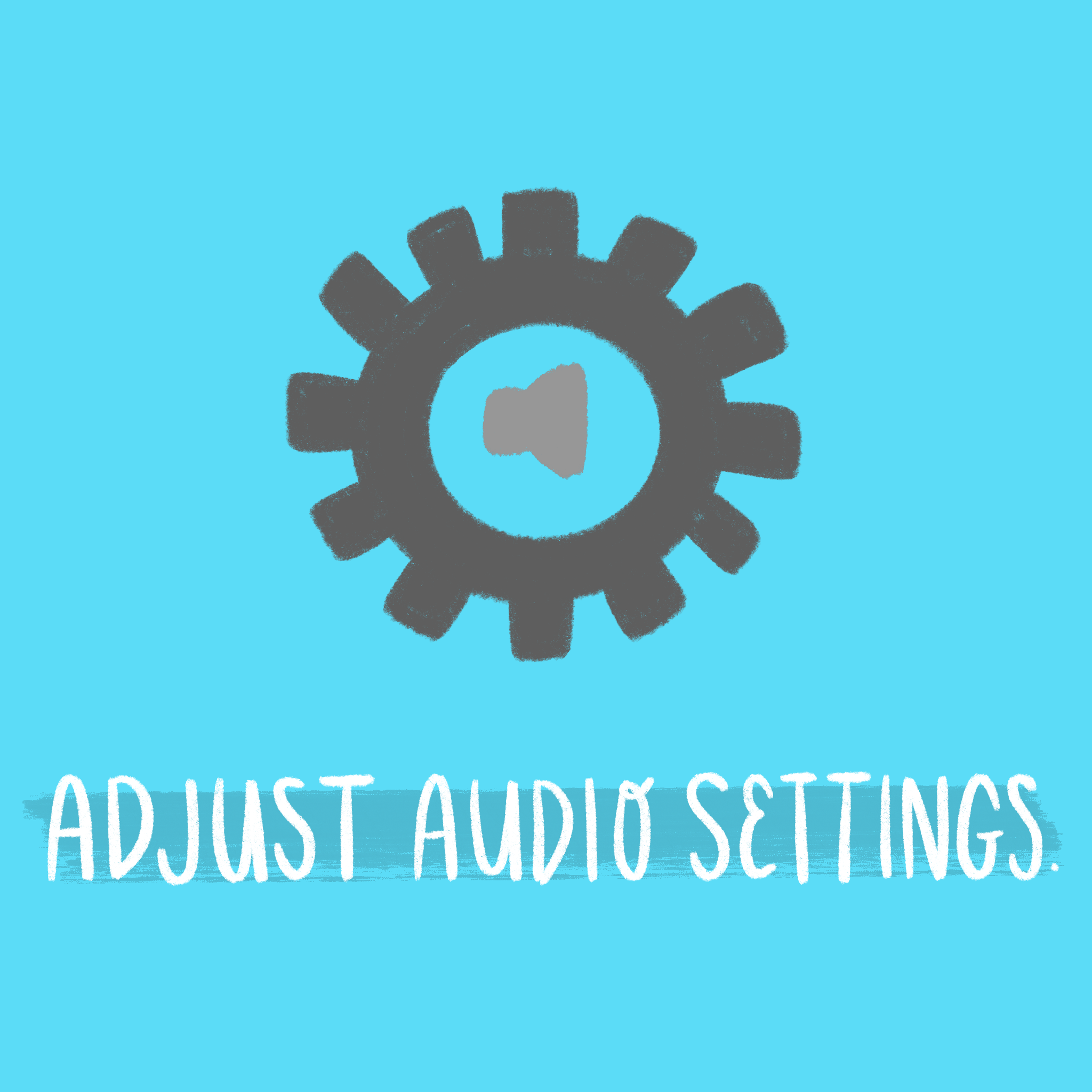


Hey Gang! Not long ago we asked for you to share some things that make remote learning go smoothly for you! You stepped up and shared some great ideas. Here’s some of the best.
Ensure there are as few distractions as possible
Keep a practice journal
Set up your learning space to double as a practice space --- have your music stand and instrument ready and accessible
Take advantage of natural lighting if possible, or have a well-lit learning space
Get familiar with all the capabilities of the learning platform you are using. This ensures you'll receive the best online experience as possible
Adjust your platform settings for best audio processing
If you are having difficulty with video (it’s lagging or choppy) use the chat feature to let your instructor know. That way your instructor will know that you are missing some content and can circle back and get you caught up later, without disrupting others
If you have another tip or suggestion, please share them with us! Thank you Hive Mind!









